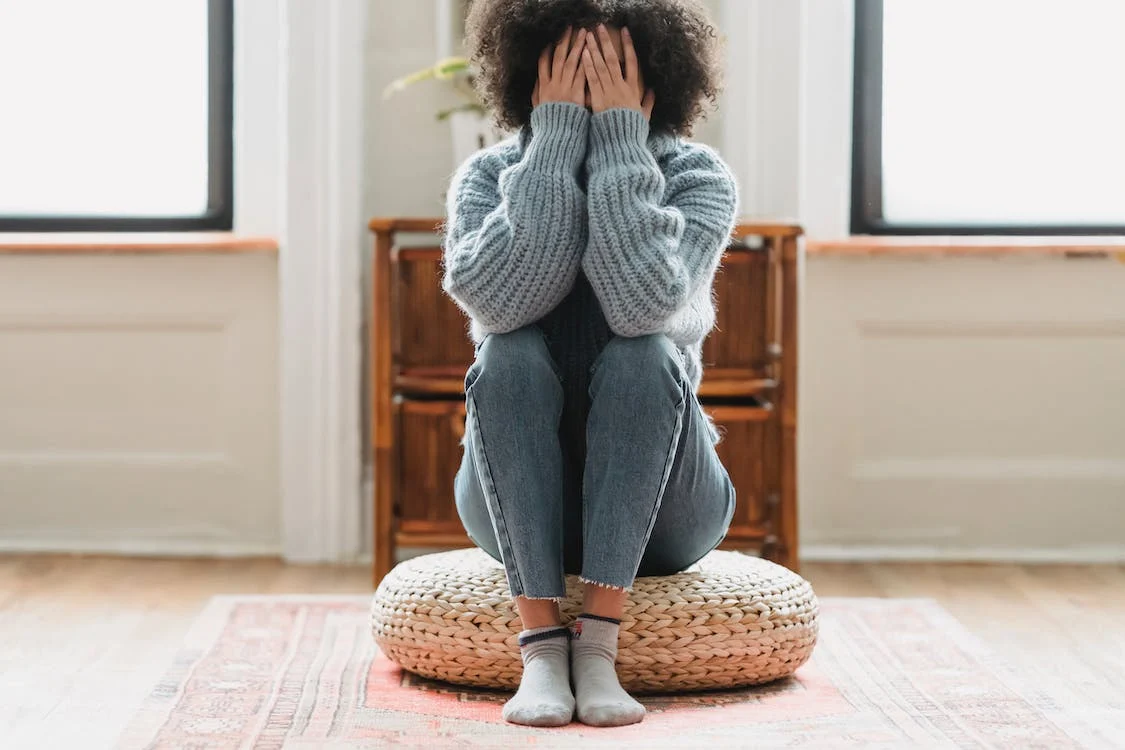
Alone For The Holidays? Here’s How to Navigate The Holiday Blues Like a Pro
By: Jessica Taylor, LPC As winter rolls in, it’s normal for the holiday season to bring on a range of emotions. Especially for those navigating it alone. The pressure to be festive and joyful can sometimes intensify feelings of loneliness and isolation. This can then lead to a potential onset of depression. That being said, I’m here to help! Here are some practical things that you can do, to help you beat the winter blues, and find solace and joy this holiday season. Acknowledge Your Feelings: The first step in combating winter depression is acknowledging and accepting your feelings. It’s okay not to be overjoyed during the holiday season, especially if you’re navigating it solo. Allow yourself the space to feel and process your emotions without judgment. Observing without judgement is key! Understanding that it’s normal to experience a range of feelings during this time can be a powerful first step toward overcoming depression. Create a Self-Care Routine: In the midst of the hustle and bustle of the holiday season, it’s easy to neglect self-care. Establishing a consistent self-care routine can be a lifeline during the winter months. This could include activities such as meditation, yoga, or a warm bath. Prioritize getting enough sleep, eating nourishing foods, and engaging in activities that bring you a sense of peace and relaxation. Embrace Nature and Natural Light: The winter months often bring shorter days and less natural sunlight, which can impact mood and energy levels. Counteract this by making a conscious effort to spend time outdoors during daylight hours. Whether it’s a brisk walk at a nearby park, or simply sitting by a window, exposure to natural light can positively influence your mood and help combat feelings of depression. If you feel that you are struggling to get enough daylight, due to working in an office all day, another great option is buying a sun lamp that you can use at home a few times a week. Set Realistic Expectations: The pressure to create a picture-perfect holiday season can be overwhelming, especially when you’re doing it alone. Set realistic expectations for yourself and recognize that it’s okay not to have everything figured out. Focus on creating moments of joy and simplicity rather than striving for an unrealistic ideal. Allow yourself the freedom to celebrate the season in a way that feels authentic to you. Be sure to schedule a few winter activities to which you can look forward. The holiday lights event at Denver’s Botanical Gardens is an excellent option for a single person. While you engage in activities like this, be sure to ground yourself in the moment and express or visualize your gratitude for where you are in your life. Connect Virtually with Loved Ones: While physical distance may separate you from loved ones, technology allows for virtual connections that can bridge the gap. Schedule video calls with friends and family to share laughter, stories, and even holiday traditions. Building and maintaining connections, even from a distance, can provide a sense of belonging and alleviate feelings of loneliness. Volunteer or Give Back: One effective way to combat depression is by shifting the focus to others. Consider volunteering for a local charity or participating in community events. Helping those in need not only provides a sense of purpose but also fosters a connection to your community. Acts of kindness, no matter how small, can have a huge impact on your mental well-being. Create Your Own Traditions: Rather than dwelling on what you may be missing, use this time to establish your own holiday traditions. Whether it’s trying out new recipes, watching favorite movies, or embarking on a solo adventure, creating personal traditions can make the season feel special and uniquely yours. Seek Professional Support: If feelings of depression feel unmanageable, be sure to reach out for support. A therapist can provide guidance, coping strategies, and a safe space to express your emotions. Therapy, whether in person or online, can be a valuable resource for navigating the challenges that the winter and holiday season may bring. Practice Mindfulness and Gratitude: Cultivate a mindset of mindfulness and gratitude to shift your focus from what you lack to what you have. Keep a gratitude journal, noting down the positive aspects of each day (I often do this at the end of the day, right before I go to sleep.) Engage in mindfulness practices, such as deep breathing or meditation, to stay present and appreciate the simple joys that surround you. Set Personal Goals: The winter season can be an excellent time to set personal goals that bring a sense of accomplishment. Whether it’s learning a new skill, pursuing a hobby, or setting fitness targets, having goals to work towards can provide structure and purpose. Achieving these goals, no matter how small, can contribute positively to your mental well-being. Navigating the winter blues as a single person during the holiday season is a journey that requires self-compassion, intentional self-care, and the courage to seek support when needed. By acknowledging your feelings, embracing self-care, and creating meaningful connections, you have the power to shape a season that brings not only joy but also a renewed sense of self. Remember, you are not alone in facing these challenges, and there is strength in recognizing and addressing the impact of the winter blues head-on.











